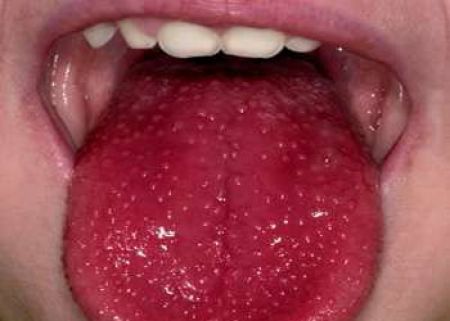[su_divider top=”no” style=”double” divider_color=”#952524″ link_color=”#952524″ size=”2″ margin=”10″]
What is Kawasaki Disease? How to manage it? What are the precautions to be taken? What are the signs and symptoms? What is the cause of this disease? How to treat it? How can homeopathy help you? All of this answered, in this post and of course our doctors always there to help you. Just fill in your details in the form down below and we will answer all your questions for FREE!
[su_divider top=”no” style=”double” divider_color=”#952524″ link_color=”#952524″ size=”2″ margin=”10″]
[sc name=”query”]

What Kawasaki disease is?
Kawasaki disease is an auto-immune disorder. It is an acute febrile vasculitis syndrome that occurs in early childhood.
Is Kawasaki disease common in?
• Kawasaki disease is more common in males than in females.
• Kawasaki disease occur in children under 5 years of age.
• The 95% of cases occur in children under the age of 10 years.
• It is rarely reported in adults.
• It is also affected the people who are suffering from HIV.
What are the causes of Kawasaki disease?
• The etiology of Kawasaki disease is not known.
• The certain genes are known to increase a child’s susceptibility towards the Kawasaki disease.
• The disease has a genetic tendency.
• Siblings of affected children have a high risk of developing Kawasaki disease as compared to the general population.
Some of the risk factors are:
• History of the patient.
• Family history of the patient.
• Boys are at more risk.
• Children under 5 years of age are at more risk.
What are the sign and symptoms of Kawasaki disease?
• Fever
• Conjunctivitis
• Red inflamed tongue called “strawberry tongue”
• Gingivitis
• Joint pains
• Swollen lymph nodes in the neck
• Cough and runny nose
• Rashes on the palms and soles.
What is the differential diagnosis of Kawasaki disease?
• Juvenile Rheumatoid Arthritis
• Lyme Disease
• Rheumatic Fever
• Rocky Mountain Spotted Fever
• Infantile Polyarteritis Nodosa
• Measles
• Mercury Toxicity
• Staphylococcal Scalded Skin Syndrome
How to investigate Kawasaki disease?
There is no diagnostic test for Kawasaki disease. Evaluation of symptoms and ruling out other possible conditions (scarlet fever, measles, juvenile RA, allergic drug reaction, etc.) is necessary.
There is the presence of fever that lasts for 5 or more days with four of the following symptoms:
• Redness in both eyes.
• Changes in the lips, tongue, and mouth.
• Swelling, discoloration or peeling in fingers and toes.
• Rashes in the trunk or genital area.
• Swollen lymph nodes in the neck.
• Redness and swelling in palms and soles.
How to treat Kawasaki disease?
• The patient is hospitalized.
• High doses of aspirin reduce inflammation and it acts as a blood thinner.
• Administration of gamma-globulin through a vein.
• Cortisones.
• Anti-inflammatory drugs e.g. ibuprofen or naproxen relieves joint pains.
• Plasmapheresis also helps in giving relief to the patient. Plasmapheresis is a procedure in which plasma is removed from the blood protein-containing fluid is replaced with it. In this procedure, the antibodies and proteins are responsible for causing an immune reaction are removed.
What are the complications of Kawasaki disease?
• Heart attack at a younger age or later in life due to aneurysms and inflammation of vessels.
What are the indicated homeopathic medicines of Kawasaki disease?
-Arnica Montana
-Arsenic Alb.
-Baryta carb.
-Sulphur.
-Hamamelis.
For more information, you can visit MayoClinic and WebMD.
Kawasaki Disease
[su_divider divider_color=”#952524″ link_color=”#952524″ size=”2″ margin=”10″]
[sc name=”know-your-doctor”]
[sc name=”more-links-diseases”]

